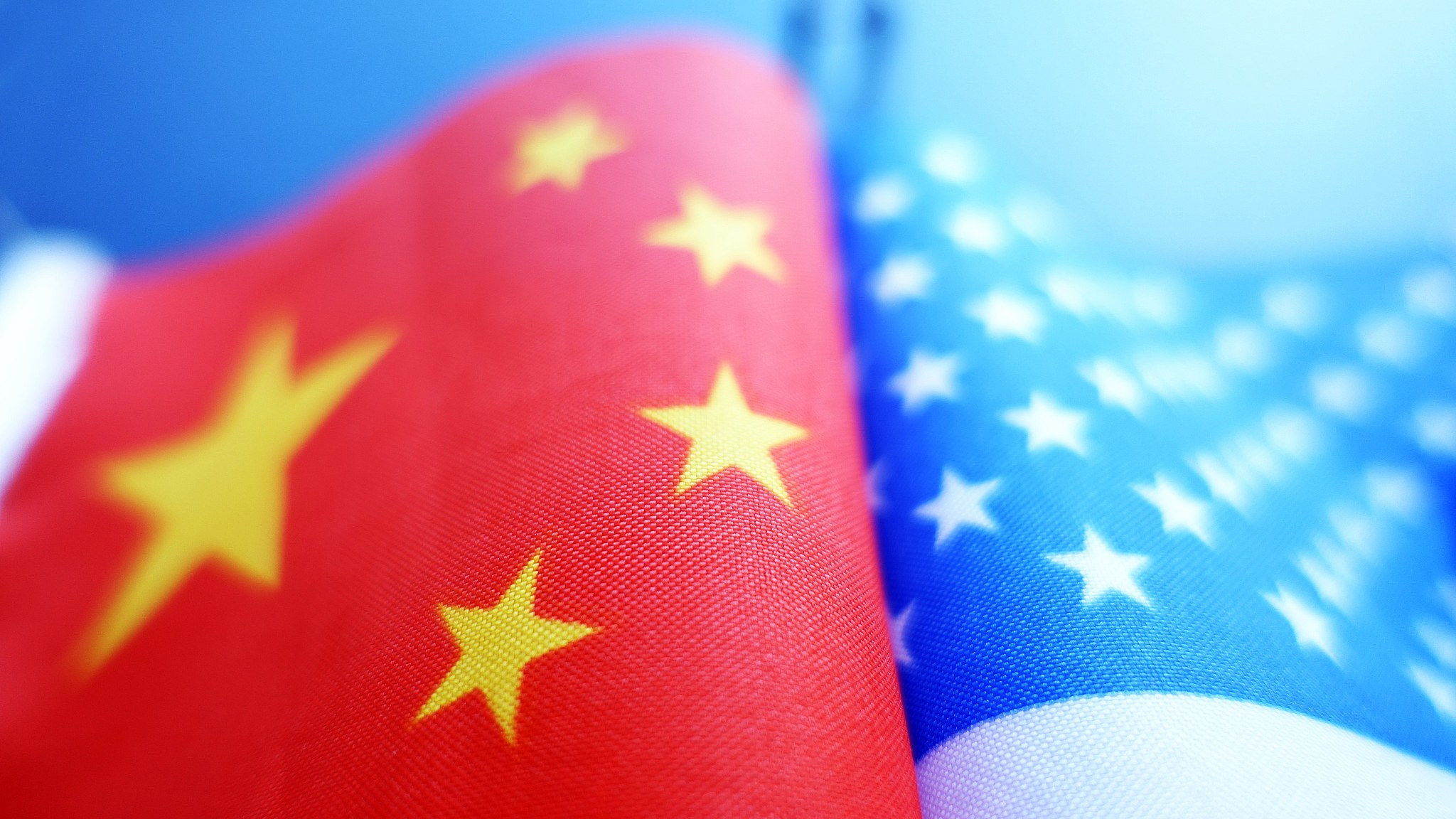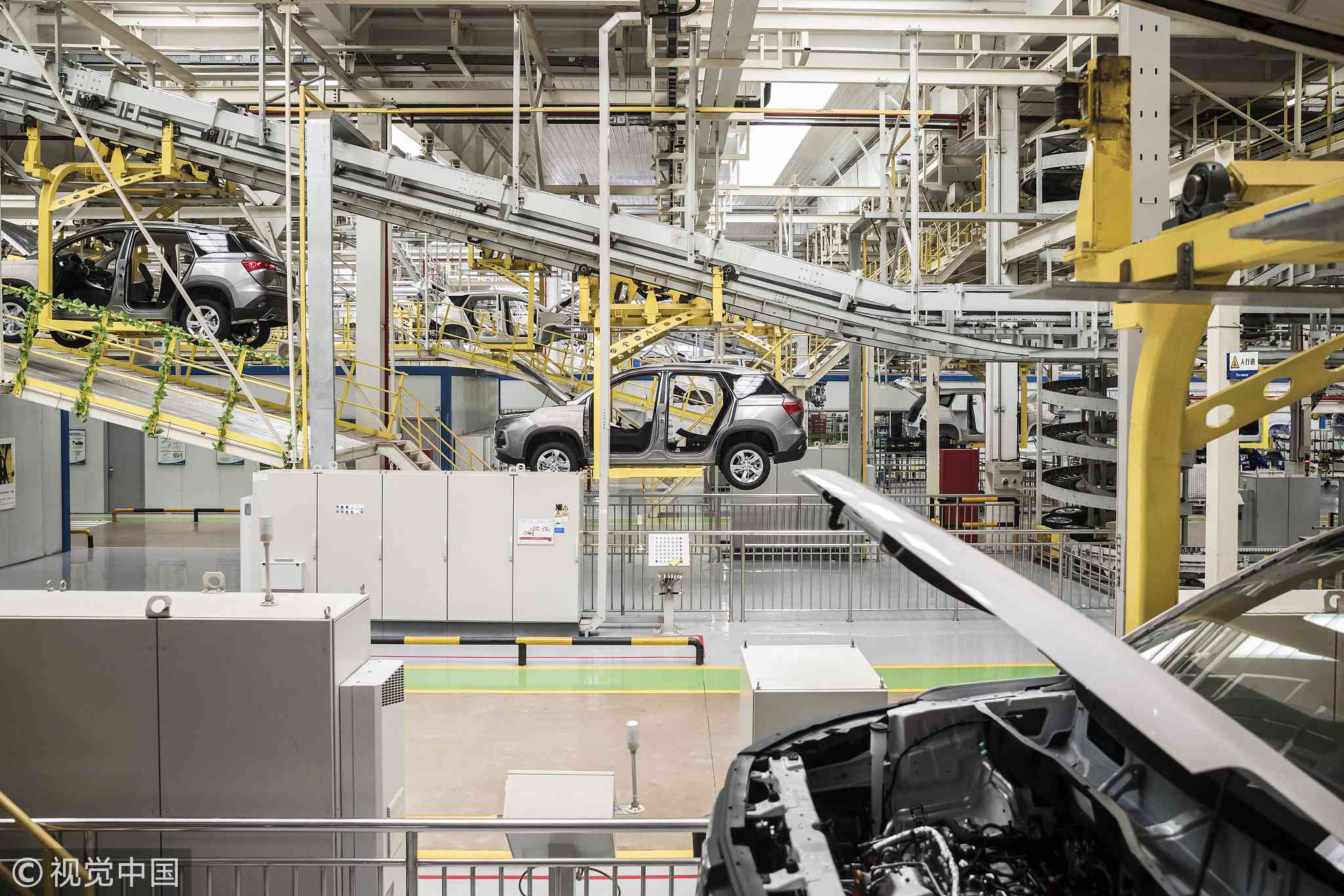
Opinions
18:05, 01-Jan-2019
The Point: Why should U.S. shelve dispute over China trade?
Updated
17:19, 04-Jan-2019
CGTN's The Point
00:35

When critics, particularly in the U.S., say China's WTO membership cost millions of jobs, they are taking a “very narrow and short-term interpretation” of what's happened in China over decades, said a Wall Street veteran.
“The WTO is more about the China market than anything else,” Jack Perkowski, managing partner of JFP Holdings Ltd., said, adding what the body meant is “really an opening-up” of the China market.
Speaking on CGTN's The Point (@thepointwithlx), Perkowski considered China's opening-up “dramatic” over the period.
China initiated the reform and opening-up in 1978. Back then very few Americans knew what was happening in China, Perkowski said. However, he thought China was a “massive market”. In 1994, he founded an automotive components company in Beijing.
The company was set up right from the beginning to serve the country's automotive industry that now has grown into the largest one in the world, he said. “What the U.S. [companies] got from China is basically access to a very, very large market.”
A “major growth” that occurred after China joined the WTO in 2001, according to Perkowski, is that more foreign investment and models came in, and market opening-up went to a greater degree.
The number of vehicles made in China has increased to 29 million from 2 million in 2001. Back in 1995, it was just a million and a half.

Vehicles move along a conveyor in the general assembly shop at the SAIC-GM-Wuling Automobile Co. Baojun Base plant in Liuzhou, China's Guangxi Zhuang Autonomous Region, May 23, 2018. /VCG Photo
Vehicles move along a conveyor in the general assembly shop at the SAIC-GM-Wuling Automobile Co. Baojun Base plant in Liuzhou, China's Guangxi Zhuang Autonomous Region, May 23, 2018. /VCG Photo
Apart from these numbers achieved, Perkowski said he also learned how to work with the local governments in eight different provinces through their “tell and show”. What has inspired him most was that the government would always help work through regulations.
In his New Year speech on Dec 31, 2018, Chinese President Xi Jinping said: "China's reforms will never stop, and its doors will only open ever wider."
Xi's remarks came at a time when China and the U.S. are still negotiating over trade tensions, but Perkowski said that the leadership of the two countries can work that out.
Jan. 1, 2019 marks the 40th anniversary of the establishment of China-U.S. diplomatic relations, on which President Xi and U.S. President Donald Trump on Tuesday exchanged congratulations.
President Xi pointed out in the message that the relations are in an important stage and cooperation is the best choice for both sides.
Perkowski noted that the big challenge for China and the U.S. now is how the two biggest economies work together to account for 40 percent of the global GDP.
(If you want to contribute and have specific expertise, please contact us at opinions@cgtn.com.)

SITEMAP
Copyright © 2018 CGTN. Beijing ICP prepared NO.16065310-3
Copyright © 2018 CGTN. Beijing ICP prepared NO.16065310-3